Why Choose Custom AI Solutions for Businesses?
Fewer repetitive tasks
Automation takes away mundane tasks and frees up time on what matters. Relieve employees from the manual effort in extracting data from documents, screening candidates, and creating tickets — use AI to replace repetitive jobs with creative tasks.
Enhanced customer experience
Connecting with your customers has never been easier. Predict customer behaviors using machine learning, respond to queries with chatbot development, and understand emotions due to sentiment analysis — level up your customer experience with AI.
Actionable insights from data
Change the game for your business by extracting insights from massive data. AI and big data help with trend analysis, pattern recognition, forecasts, and coordinated data delivery. In the long run, your company gains from faster and better decisions.
Solving complex business problems
Over the years, AI has progressed from simple ML algorithms to deep learning and deep reinforcement learning solutions. Now it helps to tackle complex business challenges, from fraud detection to demand forecasting to product recommendations.
Cost reduction
Save money with custom AI services. Whether it’s automating routine tasks, minimizing human error, or managing resources effectively, AI-powered solutions can help you reduce operational costs and improve ROI.
Business innovation
Business innovation and AI go hand-in-hand to increase business efficiency. Think about optimizing the supply chain, automating lead scoring, or predicting equipment failures — AI gives momentum to novel your business model here and now.
Custom AI Solutions Development Services
AI Development Consulting
- AI strategy and roadmap development
- AI transformation readiness assessment
- Architecture design and PoC implementation
- Scaling of existing AI solutions
- Model monitoring and maintenance
- AI project management
Data Collection and Analysis
- Data modeling and governance
- Building ETL/ELT data pipelines
- Data warehouse and data lake solutions
- Data transformation and enrichment
- Exploratory data analysis to identify and analyze trends in data sets
- Statistical modeling and analysis
AI Proof of Concept Development
- PoC development to verify the product idea
- Understanding the business challenge
- Preparing datasets for initial prototyping
- Research, technology selection, and team formation
- Model development and training
- Model evaluation and validation
Custom AI Solutions Development
- Custom AI software development
- Computer vision solutions based on object detection, image recognition, classification
- Natural Language Processing (NLP), including text classification and summarization, sentiment analysis, etc.
- Development of ML models for predictive analytics
AI Solution Integration
- API development and integration
- Integration with legacy software
- Integration with cloud-based AI applications
AI Solution Support and Maintenance
- Model retraining
- Model monitoring
- Performance optimization
- Knowledge transfer
Hear from Our Customers






Intelliarts’ work is amazing. Thanks to their help, we’ve been able to process hundreds of terabytes of data per day. We’ve definitely seen an increase in our revenue since we started working with them.
Jawad Laraqui
CEO @DDMR
Intelliarts delivered tech consulting services to release the second version of a baby monitoring application. We:
- Made the app more stable, and sustainable
- Solved the problem of product non-scalability
- Increased the rating from 3 to 4.5 stars on App Store and Google Play
- Added night vision, sharing feature, and access levels
They treat everyone with respect and instill the sense of ownership into their developers, which is the quality we value the most in our internal and external developers.
Eleonora Ludin
Director of Engineering @HubSpot
Under the guidance of Intelliarts specialists, the company successfully implemented a translation portal, which:
- Helped to reduce the time spent on one translation from 5-20 minutes to a few seconds
- Added an ability to keep track of the translation status
- Made it possible to translate many documents in parallel
Overall, we’re comfortable with Intelliarts. We know that whatever they work on will be high value, which matters most.
Frank Miller
President @Ryffine
Intelliarts performed detailed data analysis to help an EV charging company to:
- Reduce downtimes and maintain their stations in top condition
- Provide deep insights into the equipment behaviors of EV chargers
- Recommend on data quality and quantity improvements
- Prepare data for building a predictive maintenance solution
Why Choose Intelliarts for Custom AI Solutions Development?
-
Data science and ML expertise
-
Custom artificial intelligence solutions
-
Dozens of completed projects
-
Diverse AI development services
-
Data-centric approach
-
Latest AI development technologies
-
Real business value
-
Awards and recognitions

From data mining to machine learning, from deep learning to classification tools, our data science engineers have proven competence in custom artificial intelligence development. We stay focused on data science, keeping an eye on new trends and approaches and deepening our expertise in the latest technologies. Consider partnering with our company for innovative AI development solutions tailored to your specific needs.

Intelliarts has a proven record of returning customers since we choose a customer-centric approach and deliver AI software tailored to your unique business needs.

With lots of projects in our portfolio, we know how to take advantage of big data analytics and translate data into actionable insights. Our AI development consulting services help you see exclusive AI opportunities and reimagine business processes.

As a custom artificial intelligence solutions provider, Intelliarts offers a wide range of services in this area. From technology consulting to PoC development to custom AI solution development, we close every need of yours and provide full-cycle custom AI development services.

With our help, businesses create powerful cloud computing solutions that focus on proper data governance. This approach can become the foundation for your company’s AI platform.
 Neptune AI
Neptune AI
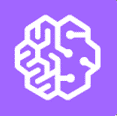 Amazon SageMaker
Amazon SageMaker
 Hugging Face
Hugging Face
 Evidently AI
Evidently AI
 AWS
AWS
 PyTorch
PyTorch
 Seaborn
Seaborn
 XGBoost
XGBoost
 Plotly
Plotly
 LightGBM
LightGBM
 Apache Airflow
Apache Airflow

We build custom artificial intelligence solutions that deliver real business outcomes. Your success does matter to us, and we’re okay to spend extra time on exploratory data analysis, testing machine learning algorithms, or retraining the model to improve the performance in this case.
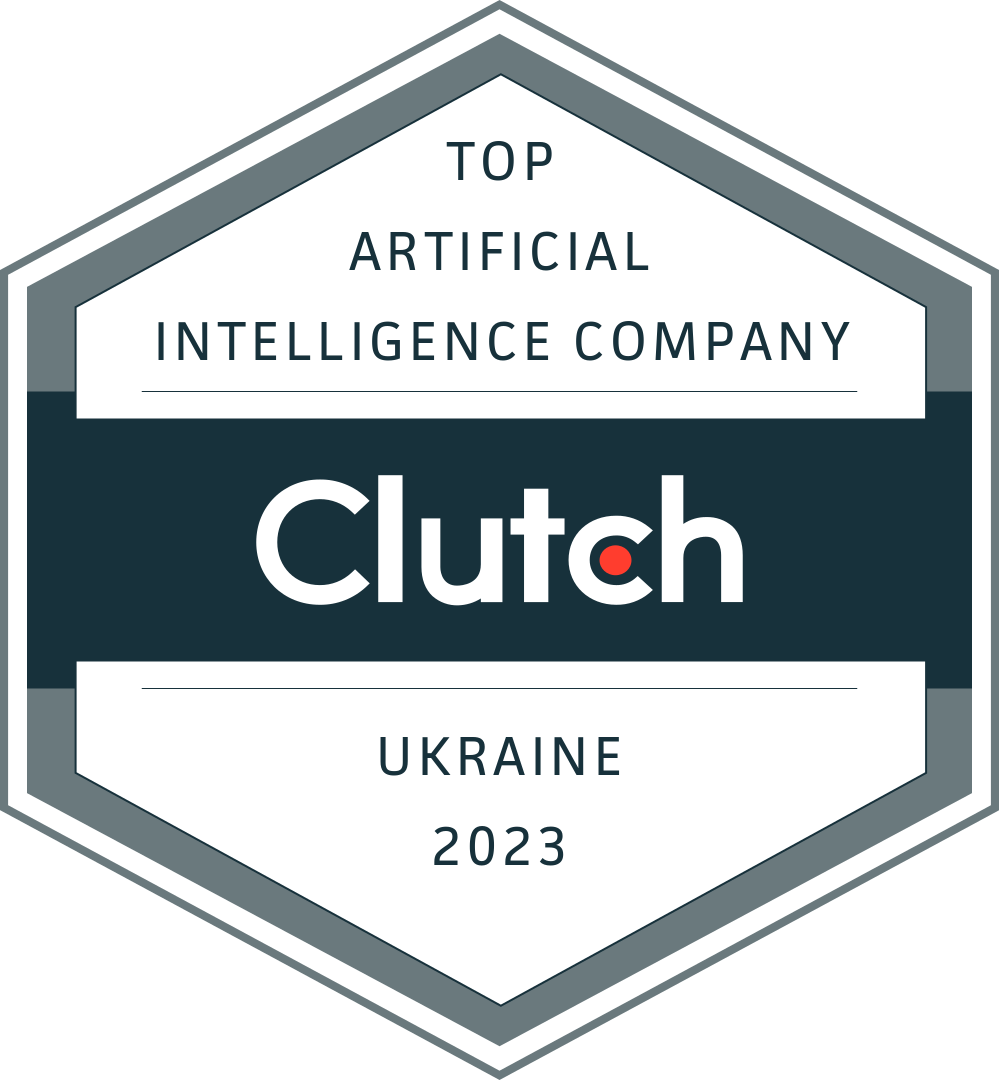 Top Artificial Intelligence Company in Ukraine 2023 by Clutch
Top Artificial Intelligence Company in Ukraine 2023 by Clutch
 Top Machine Learning Company in Ukraine 2023 by Clutch
Top Machine Learning Company in Ukraine 2023 by Clutch
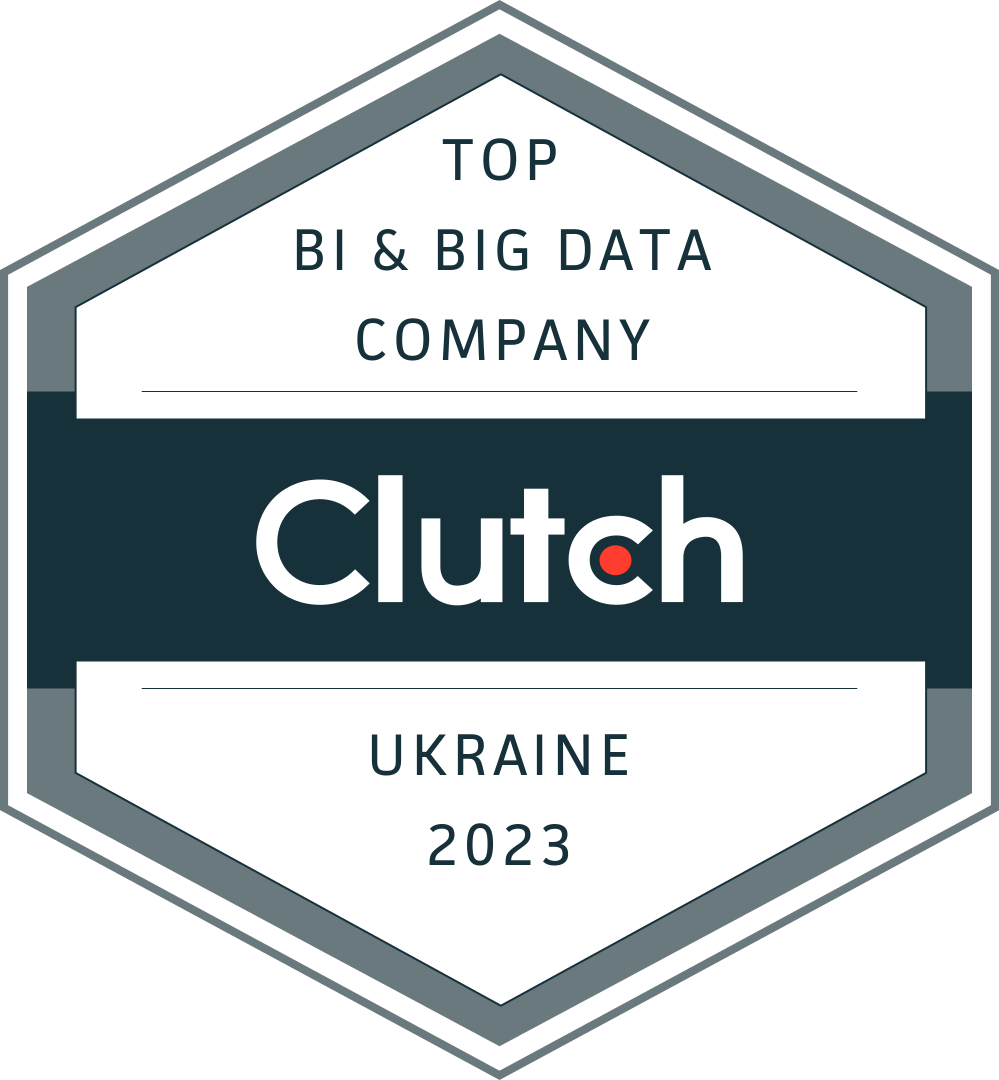 Top BI and Big Data Company in Ukraine 2023 by Clutch
Top BI and Big Data Company in Ukraine 2023 by Clutch
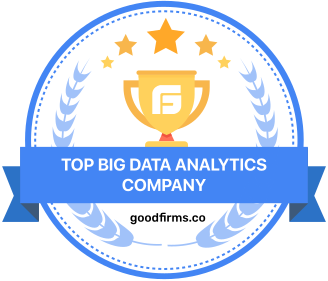 Top Big Data Analytics Company by GoodFirms
Top Big Data Analytics Company by GoodFirms
 Most reviewed BI & Big Data Company in Poland by the Manifest
Most reviewed BI & Big Data Company in Poland by the Manifest
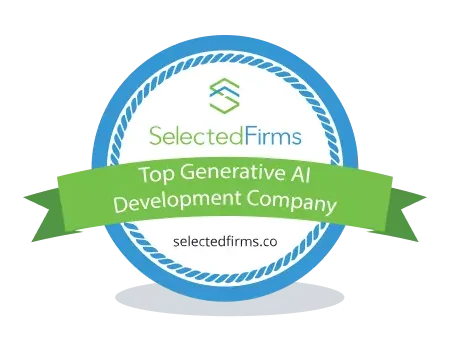 Top Generative AI Development Company by Selected Firms
Top Generative AI Development Company by Selected Firms
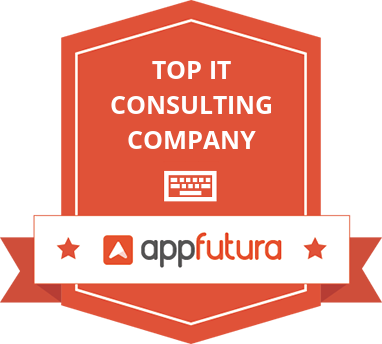 Top IT Consulting Company by AppFutura
Top IT Consulting Company by AppFutura
Custom AI Solutions Development Journey with Intelliarts
Contact Us
Looking for an expert custom AI solutions provider to optimize your operations and open up new opportunities — we’re happy to help.
Share your business challenge with us, and we will get back to you shortly.




FAQ
How long does it typically take to develop a custom artificial intelligence solution?
Every AI project is unique, so its duration varies. Still, as a custom AI development company, we usually count the duration of AI software development in months (the active phase), plus a few more months of maintenance and support (the passive one).
How do you ensure the accuracy of the AI solution?
To make sure our custom AI software provides accurate results, we take a robust AI algorithm training approach. For example, we focus on both the quantity and quality of the used data sets; create test sets to avoid overfitting; retrain the models with new data, and so on.
Do you offer ongoing maintenance and support for the AI solution?
Yes, we do. Support and maintenance are an important part of our AI software development pipeline as we care about the business outcomes of our AI solutions. Intelliarts’ expert team is ready to assist you with building a performance monitoring system, retraining the model, and adding new features if needed.







